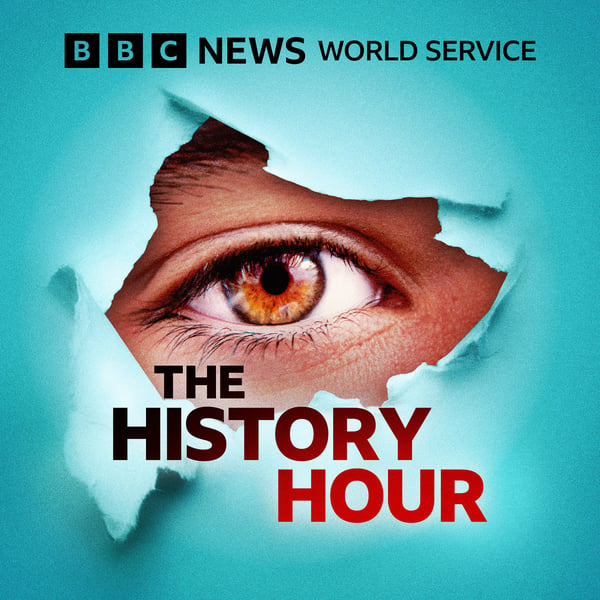Caribbean carnivals and a racially inclusive nightclub
The History Hour
BBC
4.4 • 879 Ratings
🗓️ 8 October 2022
⏱️ 50 minutes
🧾️ Download transcript
Summary
A collection of this week's Witness History programmes, presented by Max Pearson. The guest is Dr Emily Zobel Marshall. She explains the rise of festivals around the world celebrating Caribbean culture.
In 1962, Nigerian man Phil Magbotiwan opened a brand new nightclub in Manchester, UK. In part because of his own personal experiences of racism, Phil wanted to create somewhere where everyone would be welcome – Manchester’s first racially inclusive nightclub. The Reno was born. Phil’s youngest daughter, Lisa Ayegun has been speaking to Matt Pintus about the venue. This programme contains descriptions of racial discrimination.
We also hear about how an Israeli solider was brought back home after spending five years in captivity in Gaza, the fall of Slobodan Milosevic and how a low budget film staring musician Jimmy Cliff brought reggae to the world.
(Photo: A woman having a good time at Claudia Jones' Caribbean carnival, at St Pancras Town Hall in London, 1959. Credit: Daily Mirror via Getty Images)
Transcript
Click on a timestamp to play from that location
| 0:00.0 | Hello and welcome to the History Hour podcast from the BBC World Service with me Max Pearson, |
| 0:04.6 | the past brought to life by those who were there. |
| 0:07.7 | This week from the 1960s, the Reno in Manchester, a nightclub where integration flourished. |
| 0:13.3 | If there wasn't so many black people in the place she was in, there was the opportunity for you |
| 0:18.0 | to be beaten up because there is only one or two of you, whereas the Reno, yeah, you're definitely going to be safe because there was no segregation. |
| 0:27.0 | We'll hear from the legendary singer Jimmy Cliff, who took reggae to the world through the film The Harder They they come but his early life in Britain was |
| 0:34.2 | not always easy. This lady she came out one morning she was the caretaker for |
| 0:39.9 | the apartment and she said who are you what are you doing here you got 24 hours to get |
| 0:46.1 | out we'll also touch on other matters including the 2011 release of a |
| 0:50.4 | kidnapped Israeli soldier and the Belgrade students who organized to overthrow Slobadan Melosovich. |
| 0:56.2 | We understood that we did the silent majority. If we could just recognize each other by saluting each other with a fist on the street. |
| 1:04.0 | We would recognize our strength and numbers and Miloshwich would be done within the month. |
| 1:09.3 | That's all coming up later in the podcast, but we begin with one of our contributions to the UK's Black History Month by going back to January 1959, when an impressive woman called Claudia Jones recreated the carnival that she enjoyed in her native Trinidad. |
| 1:24.0 | Rachel Naylor has been listening to Claudia's best friend Corrine Skinner-Kata |
| 1:28.0 | and her story about the beginnings of The Notting Hill Carnival. Is the 30th of January, 1959, and Caribbean across London are making their way to St Pancras Town Hall for the city's first ever Caribbean carnival. |
| 1:48.0 | They're dressed for the occasion wearing big flowery hats, loud colourful shirts and their dancing shoes. |
| 1:56.0 | The event has been organized by journalist and activist Claudia Jones, |
| 2:00.0 | who wanted to recreate a carnival like the one she enjoyed back home in Trinidad. |
| 2:04.8 | There was only one problem. |
| 2:09.1 | She did it at exactly the time that we were having it in Trinidad. |
| 2:15.0 | So which mean it was cold here. |
| 2:18.0 | And when people got off the train, |
... |
Please login to see the full transcript.
Disclaimer: The podcast and artwork embedded on this page are from BBC, and are the property of its owner and not affiliated with or endorsed by Tapesearch.
Generated transcripts are the property of BBC and are distributed freely under the Fair Use doctrine. Transcripts generated by Tapesearch are not guaranteed to be accurate.
Copyright © Tapesearch 2025.

